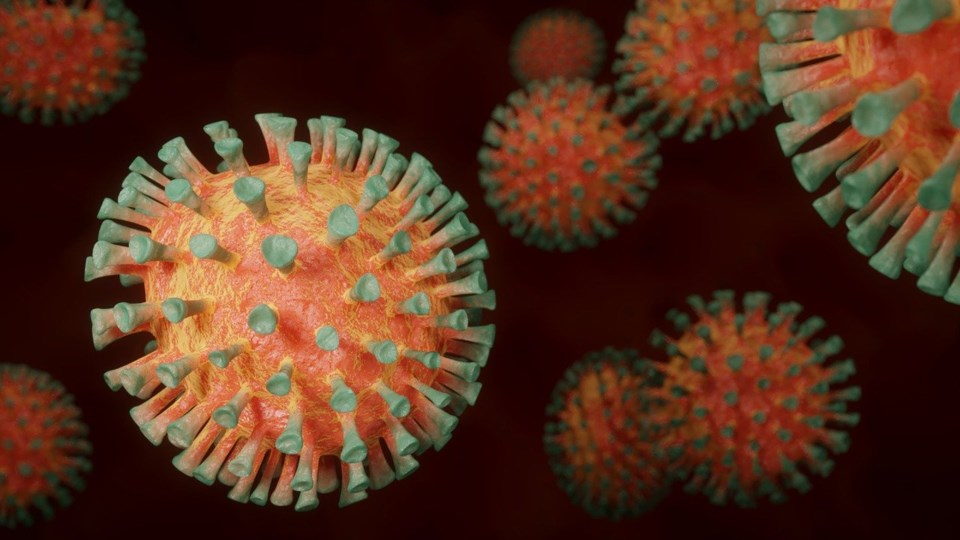More cases of COVID-19 are being diagnosed in Saskatchewan’s far north, with 14 more cases in La Loche and five in Clearwater River Dene Nation being announced.
Premier Scott Moe and Chief Medical Health Officer Dr. Saqib Shahab addressed this rising crisis during their daily press conference on April 24 to discuss the needs of the north and what the Saskatchewan government is doing to help.
“Our health system and our government is prepared to take immediate action to respond to these outbreaks and that’s what we are doing today in the north,” Moe said.
“We recognize there are unique challenges when an outbreak occurs in a remote northern community and our government is taking action to respond to just these challenges.”
But many aren’t happy with this response.
Saskatchewan NDP leader Ryan Meili said the government’s reaction is coming a little too late compared to what northern leaders requested long before the number of cases in Saskatchewan’s far north started to rise. Meili suggested the government dedicate $10 million in funding for northern communities to address gaps in service and medical needs.
“We've been talking with lots of northern leadership, and they're facing challenges that are different than what we face in southern Saskatchewan: communities that are isolated, communities with high levels of crowding in their housing. They are under different pressures and need to be looking at food security and housing, as well as some fashion of policing who's coming in and out.”
Checkpoints have just recently been placed on all major arteries in and out of Saskatchewan’s north. A signed order by Dr. Shahab now gives full legal authority to officials at checkpoints to restrict travel into the north and is strongly encouraging the stoppage of all non-essential travel within northern Saskatchewan.
“Staffing of the checkpoints will continue to be directed by northern leadership. Our government has offered fire suppression staff to support the checkpoints and to provide any other support required in those communities,” Moe said.
Moe stated during the press release that conversation with northern leaders that they wanted to use their own resources to fund checkpoints. That conversation has progressed as of today, he said, with Dr. Shahab’s signed order. The premier said he now sees this as a partnership with local leaders and individuals who monitor travel in the north but that is also going to take money.
Federal funding was already announced in early April with Prime Minister Justin Trudeau promising $305 million dollar for Métis, First Nations and Inuit communities nationwide. Métis Nation Saskatchewan President Glen McCallum said they are working at distributing this funding among all the communities in need but the $10 million suggested by Meili would be well used in supporting community needs, including things like perimeter supports that many communities have already set up.
McCallum said the government’s response to COVID-19 cases in the north has been slow, but he is happy to see the response that is taking place and that communities are working together.
“I support that 100 per cent. The Métis Nation hasn’t been in the forefront for many years, and now we are and we’re so positive in regards to how governments have offered us ways to be able to work with us.”
Working together has been the main focus among the northern communities since COVID-19 became a prominent problem. Northwest Communities Incident Command Centre Incident Commander Rick Laliberte said they have 20 communities working together to contain the virus with the centre starting to develop their COVID-19 response plan as soon as the World Health Organization made their pandemic declaration on March 11.
With self-isolation at home being such a major part of COVID-19 recovery, Laliberte said one request that northern communities made to the province was more personal protective equipment (PPE) for care to happen at the community level instead of just within the northern health care system.
“If you send the patient home without proper guidance, protocol or PPE, that will encourage the spread, especially in our case.”
Laliberte said he can understand that PPE has been directed to health centres to protect frontline workers but with residential overcrowding and few options for patient isolation, more PPE is still needed to keep residents safe in northern communities.
Outsourcing has been their main source of PPE, Laliberte said, but again, that takes money to fund.
The four cases diagnosed in English River lived in a home with a family of 10, including a six month old and a cancer survivor in recovery, Laliberte said. In that situation, the community itself had to find alternative housing options in order for the patients to self-isolate. Logistically, this is a challenge, he said.
Laliberte said the virus doesn’t respect boundaries and they will continue to do the same as northern communities unite to protect their residents.




